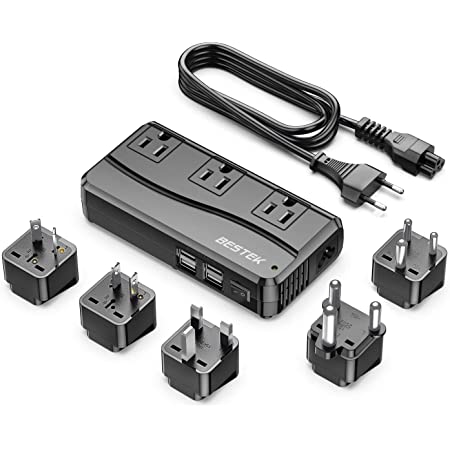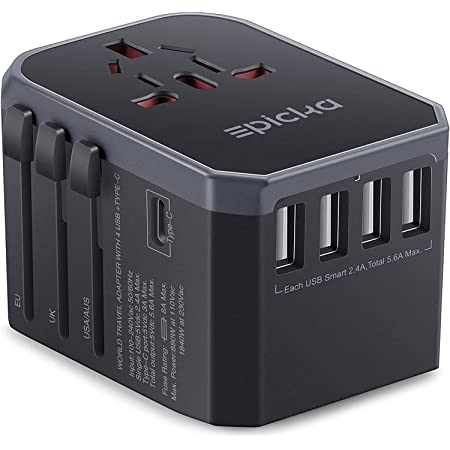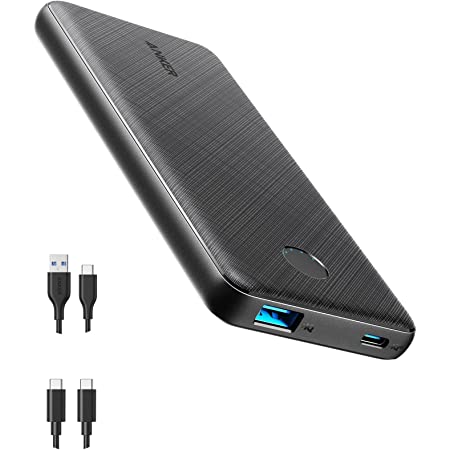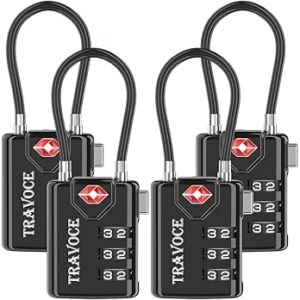Plug For Ethiopia: What You Need To Know
What is the plug for Ethiopia? Before you travel, check the information below to make sure your electronic devices are compatible with the outlet type and voltage.
Electrical Summary
Ethiopia uses outlet types C, E, F, L at a voltage of 220V and a frequency of 50 Hz.
Plug Compatibility: Type C, Type E, Type F, Type L
Voltage: 220V
Frequency: 50 Hz
Type C

Type E
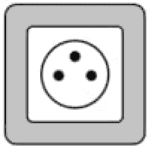
Type F

Type L

Can North Americans use Electronics in Ethiopia without an Adapter?
No! North Americans will need an adapter for the outlets and a transformer for the voltage when traveling to Ethiopia. North Americans device plugs will not work with the outlet types in Ethiopia. Also, the voltage in Ethiopia is different from North American voltages.
Can Europeans use Electronics in Ethiopia without an adapter?
Yes! Most Europeans do not need a travel adapter or transformer when traveling to Ethiopia. Most device plugs will work with the outlet types in Ethiopia. Also, the voltage in Ethiopia is the same as in Europe.
What Outlet does Ethiopia Use?
Type C

Type E

Type C plug sockets have two round pins and no grounding pin. These plugs are typically used with devices that have a voltage of 230V.
Type E plug sockets have two round pins and a grounding pin. These plugs are typically used with devices that have a voltage of 230V.
Type F

Type L

Type F plug sockets have two round pins and a grounding pin. These plugs are typically used with devices that have a voltage of 230V.
Type L plug sockets have two round pins and a grounding pin. These plugs are typically used with devices that have a voltage of 220V.
Recommended Products:
Should I use a VPN when traveling?
YES! Using a VPN when traveling is highly recommended to protect your online privacy and security. Public Wi-Fi networks in hotels, airports, and cafés are often unsecured, making you vulnerable to hackers and data theft. A VPN encrypts your internet connection, safeguarding sensitive information like passwords and banking details. It also allows you to bypass geo-restrictions, granting access to streaming services and websites that may be blocked in certain countries. Additionally, a VPN helps prevent government surveillance and ISP tracking. For a seamless and secure browsing experience while traveling, choose a reliable VPN with fast speeds and strong encryption.
Ethiopia Travel Essentials:
Is it safe to drink water in Ethiopia?
To be on the safe side, you can use common precautions such as boiling tap water for at least one minute, using water purification tablets, or drinking bottled water. It’s also important to note that ice may be made from tap water and that foods may be washed or prepared with tap water.
We recommend always packing a filtered water bottle when traveling!
Travel Essentials
Be sure to check our list of travel essentials before your trip!
Should I get travel insurance when traveling to Ethiopia?
It is generally recommended to get travel insurance when traveling to a different country. Travel insurance can provide financial protection and peace of mind in case of unexpected events, such as medical emergencies, trip cancellations, lost or stolen baggage, or other travel-related mishaps.
Travel insurance can cover various expenses related to your trip, such as medical expenses, emergency medical transportation, trip cancellation or interruption, lost or stolen baggage or personal belongings, and other travel-related expenses.
Before purchasing travel insurance, it’s important to carefully review the policy details, including the coverage limits, exclusions, and any applicable deductibles or copays. You should also make sure that the policy covers any activities or destinations that you plan to participate in or visit during your trip. Click here to price for Travel Insurance for Ethiopia
Travel Summary
One of the most impressive destinations in Ethiopia is the small town of Lalibela, home to some of the most impressive rock-hewn churches in the world, dating back to the 12th century. The 11 churches, carved out of solid rock, are a UNESCO World Heritage Site and a must-see for anyone visiting Ethiopia.
Another UNESCO World Heritage Site is Axum, once the capital of the Axumite Kingdom, home to ancient ruins and artifacts, including the famous obelisks of Axum.
For adventure seekers, the Danakil Depression is a geological wonderland featuring active volcanoes, colorful hot springs, and salt flats. It’s also home to the Afar people, who have a unique way of life adapted to the harsh desert environment.
In addition to its cultural and historical attractions, Ethiopia is also home to some of the most beautiful natural landscapes in Africa, such as the Simien Mountains, which offer breathtaking views and the chance to see endemic wildlife, including the Ethiopian wolf.
Overall, Ethiopia is a fascinating and rewarding destination for travelers interested in history, culture, and natural beauty.
Traveling to another country? Check out our Countries page for more info on countries like Eritrea, Somalia, Kenya, Uganda, Egypt, Nigeria, Sudan
